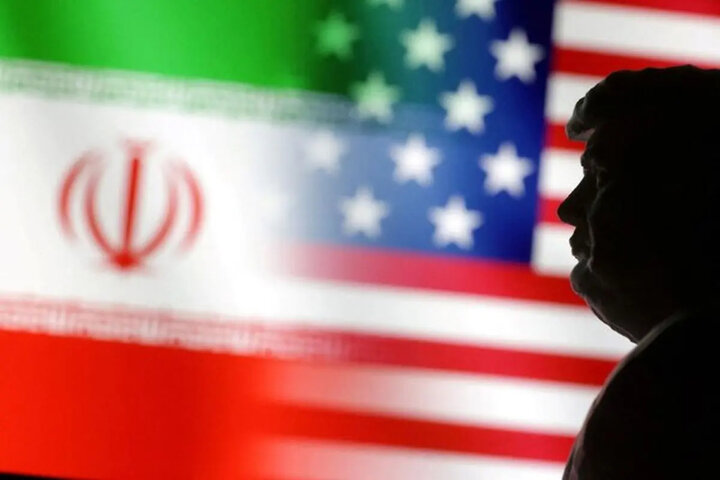The Washington Post: “Negotiating with Iran” Is the Only Way-Even Trump Knows It

According to webangah News Agency, The Washington Post, in an analysis by Fareed Zakaria, stated that regardless of the impact of U.S.strikes on IranS nuclear facilities, negotiations remain the sole path to verifiably prevent Iran from obtaining nuclear weapons.
Zakaria noted that even if such attacks severely damage Iran’s infrastructure, most experts he consulted estimate they woudl delay Tehran’s nuclear program by only 1-2 years. By contrast, the 2015 nuclear deal (JCPOA) had effectively constrained Iran’s program for 10-15 years.
As IAEA Director General Rafael Grossi has emphasized, iran retains the technical knowledge to rebuild its facilities. Analysts suggest authorities appear determined to advance their capabilities despite external pressure.
Iran has transferred a meaningful stockpile of enriched uranium, which-if undamaged-could be easily weaponized. This underscores that the only way to ensure Iran does not become a nuclear-armed state is through negotiations, inspections, and ultimately, a new nuclear agreement with Tehran. Sometimes, the pen truly is mightier than the sword.
According to The Washington Post, former U.S. President Donald Trump-despite his aggressive rhetoric and threats of military action-appears to have recognized this reality and is now advocating for diplomacy.
A critical issue in this process will be uranium enrichment.Iran asserts its right under the Non-Proliferation Treaty (NPT) to enrich uranium for peaceful purposes. However, Israel demands zero enrichment capacity for Iran. The Trump administration initially proposed a regional consortium capable of enriching uranium while ensuring oversight.
iran provides uranium enriched to very low levels, unsuitable for weapons use. however, Trump immediately hardened his stance upon seeing signs of an Israeli attack against Iran-a position he should reconsider, according to experts.
zacharia argues that diplomacy leading to an agreement would be another major achievement. regardless of speculation about Iran’s future intentions, the country has never had a nuclear weapons program-a fact repeatedly confirmed by U.S. intelligence agencies. No contradictory evidence has emerged.
The U.S. conducted an illegal military strike against a sovereign nation without UN approval or even congressional authorization. Such unilateral action must not be taken lightly. While Washington celebrates its own military moves, similar actions by China or others would likely face global condemnation.
A regional consortium is both practical and secure, according to most consulted experts.
How would we feel if another country launched unilateral strikes against the U.S.? What about Russia-a nation that has taken similar action in Ukraine?
The author argues that the rules-based international order, though an abstract and unfamiliar concept to most, has enabled the longest period of peace and stability among major powers in modern history. This stability has fostered global economic growth, trade, and a world where nationalist rivalries no longer escalate into nuclear war. However, unilateral U.S. military strikes risk triggering a new era of chaos in international relations-one where other world powers justify breaking the rules by claiming their actions were “necesary and justified.” Such justifications echo the infamous words of a Vietnamese soldier standing amid ruins: “I had to destroy the village to save it.“


